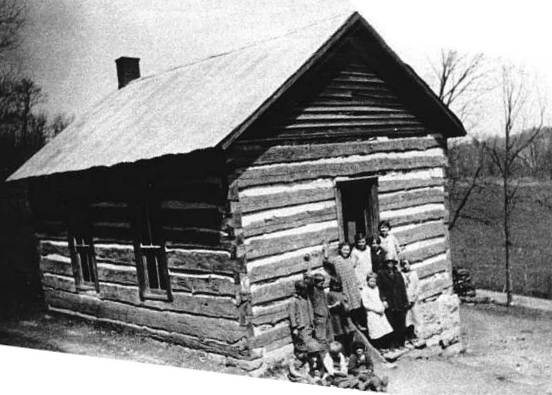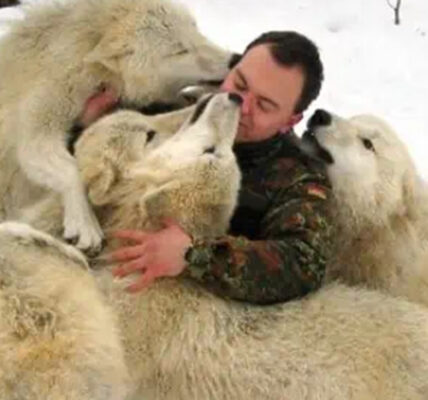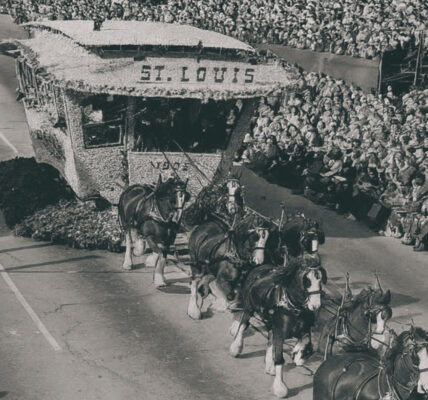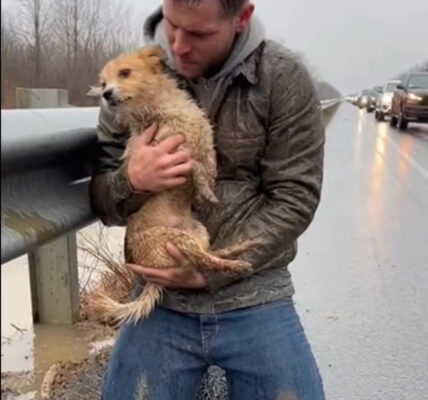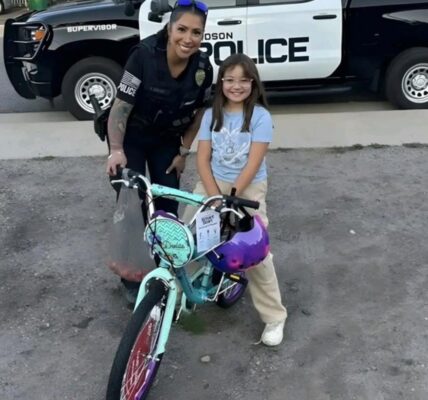
The snow crunched beneath the sled runners as we rode the two miles to Widow Jensen’s house. It was mostly silent, except for the occasional puff of mist from the horses and the soft jingling of the harness. I sat beside Daddy, bundled up in my coat and scarf, but there was a different kind of warmth stirring inside me—something I didn’t fully understand yet.
We didn’t have much. Our home was modest. The woodpile behind the house was mostly untouched logs, needing sawing and splitting. We had flour, some meat from the cellar, and enough to get us through winter—but not much more. Which is why I couldn’t stop asking myself: Why was Daddy doing this? Why were we bringing shoes, candy, flour, and meat to the Jensen family? We didn’t have money to spare. They had closer neighbors. Why was this our concern?
Still, I didn’t ask out loud. I just rode along, confused and quiet.
When we got close to the house, Daddy led the sled around to the back. We moved as silently as possible, unloading a bundle of firewood stacked neatly outside their door. Then we gathered the rest—flour, meat, and a brown sack I hadn’t peeked into yet—and walked up to the front.
Daddy knocked. A pause. Then a soft, wary voice came from inside: “Who is it?”
“Lucas Miles, Ma’am. And my son, Matt. Could we come in for a bit?”
The door creaked open. Mrs. Jensen peered out—shoulders hunched under a thin blanket, eyes tired. She stepped back, letting us in. Inside, the house was dim. A tiny flame flickered in the fireplace, barely giving off heat. Her children sat huddled together, wrapped in a second blanket, trying to soak up what little warmth they could find.
Mrs. Jensen fumbled with a match and lit an oil lamp, filling the room with a dim orange glow.
“We brought you a few things, Ma’am,” Daddy said, setting the flour down.
I added the meat to the table. Then he handed her the sack. She opened it slowly, pulling out a sturdy pair of shoes—one after another—for each of her children and one for herself. Her hands trembled as she held them. Her lower lip quivered, and then her eyes welled with tears. She looked at Daddy, mouth opening slightly as if to speak—but no words came.
Daddy gently said, “We brought a load of wood, too, Ma’am. Matt, go bring in enough to keep the fire going.”
I nodded, throat tight. I couldn’t quite meet her eyes as I stepped out.
That walk to the sled was different. I was different. I wasn’t just carrying firewood—I was carrying something heavier. A lump in my throat. A lesson settling into my chest. And yes, there were tears in my eyes, too. I wasn’t ashamed. Seeing those kids gathered by the weak fire, their mother overwhelmed with gratitude—that image burned itself into my heart.
When I returned, I stacked the wood by the hearth and fed the fire until it roared. The room began to warm, and with it, the children’s spirits rose. They started giggling when Daddy handed them each a piece of candy. Mrs. Jensen, still wiping tears from her cheeks, watched them with a smile that looked like it hadn’t been there in years.
She finally spoke.
“God bless you,” she whispered. “I know the Lord has sent you. We’ve been praying for help—praying He would send one of His angels to us.”
I swallowed hard. An angel? I’d never thought of Daddy that way before. But looking at him then—his kind eyes, calloused hands, quiet strength—I could see it. Maybe he was. Maybe the Lord had sent us.
Before we left, Daddy made sure each of them tried on their shoes. Somehow, they all fit perfectly.
Tears were streaming down Mrs. Jensen’s face again when we stood to go. Daddy knelt and hugged each of the children, who clung to him tightly. It was clear—they missed their own father. And suddenly, I was so grateful that I still had mine.
At the door, Daddy turned back. “The Mrs. wanted me to invite you and the children over for Christmas dinner tomorrow. The turkey’s too big for just the three of us. We’ll be by to pick you up around eleven.”
Mrs. Jensen nodded. “Thank you, Brother Miles. I don’t have to say ‘May the Lord bless you,’ because I know He already will.”
We stepped back into the night. The air was sharp, but I barely felt it. I was warm in a way I couldn’t explain.
A few minutes into the ride home, Daddy finally spoke.
“Matt, I want you to know something. Your mama and I have been setting aside a little here and there all year so we could buy you that rifle for Christmas. But we didn’t quite have enough.” He paused, voice softening. “Then yesterday, a man who owed me some money showed up—paid his debt after all these years. Your mama and I were so excited. I was headed into town this morning to get that rifle… but then I saw little Jakey scratching around the woodpile with his feet wrapped in gunny sacks. And I knew what I had to do.”
He looked over at me. “I hope you understand.”
My throat tightened. The rifle—the gift I had been dreaming of for months—suddenly seemed so small, so unimportant.
“I understand, Daddy,” I whispered. “I really do.”
Because in that moment, I did. I understood what it meant to give without expecting anything in return. I understood the power of kindness, of sacrifice. I understood what it meant to be an answer to someone’s prayer.
I didn’t get the rifle that year. But I got something far better. I got the memory of Widow Jensen’s face. I got the joy of three children’s laughter. I got to ride home next to the greatest man I’d ever known—my Daddy.
And I got the best Christmas of my life.
